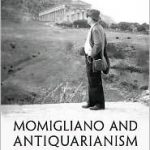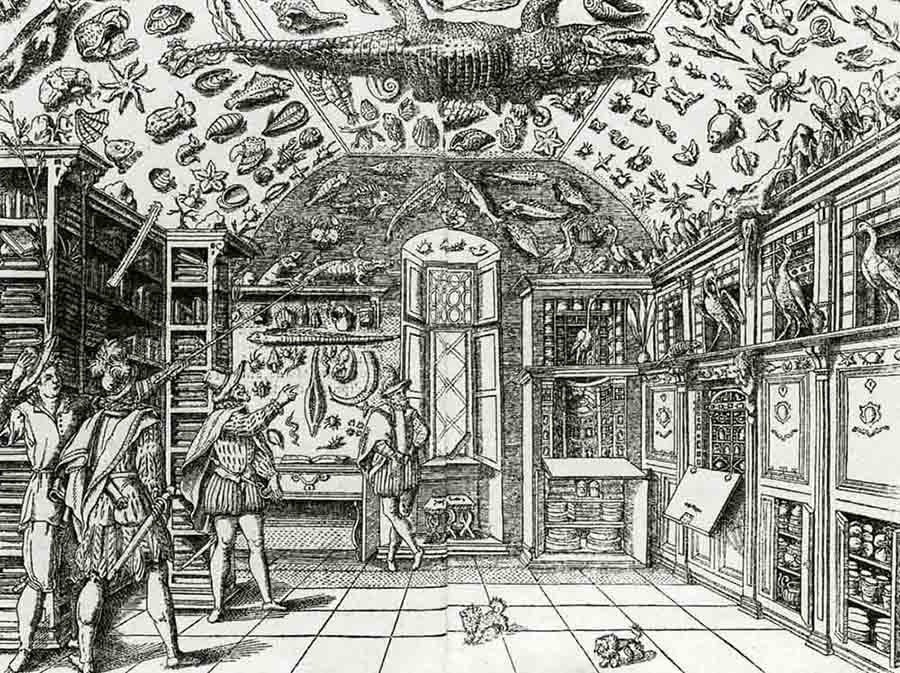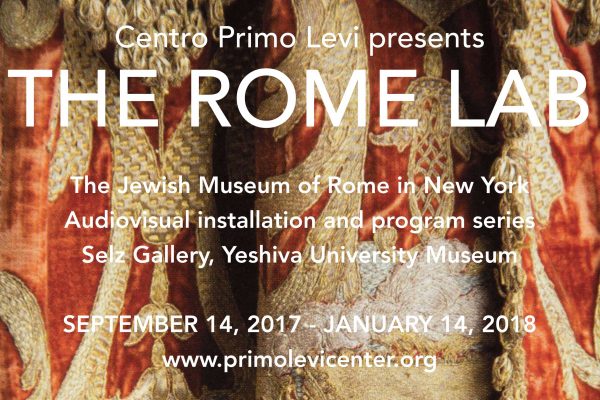Peter Miller, Momigliano and Antiquarianism: Foundations of the Modern Cultural Sciences, University of Toronto Press, 2007
One of the greatest historians of the twentieth century, Arnaldo Momigliano (1908-1987) is known for his path-breaking studies of ancient Greek and Roman history. The encyclopedic knowledge of the ancient world that Momigliano brought to his work, however, enabled him to make connections between ancient history and the subsequent study of that history. His sweeping vision stretched from antiquity to the present day.
 In Momigliano and Antiquarianism, Peter N. Miller brings together an international and interdisciplinary group of scholars to provide the first serious study of Momigliano’s history of historical scholarship. At its core, this collection is devoted to one of Momigliano’s most celebrated subjects, the history of antiquarianism, and one of his most audacious claims, that the decay of early modern antiquarianism actually gave birth to the modern cultural sciences – history, sociology, anthropology, art history, archaeology, and history of religion. Filling a gap in the scholarship, this erudite collection will prove fascinating to teachers and students of classics, history, and the human sciences.
In Momigliano and Antiquarianism, Peter N. Miller brings together an international and interdisciplinary group of scholars to provide the first serious study of Momigliano’s history of historical scholarship. At its core, this collection is devoted to one of Momigliano’s most celebrated subjects, the history of antiquarianism, and one of his most audacious claims, that the decay of early modern antiquarianism actually gave birth to the modern cultural sciences – history, sociology, anthropology, art history, archaeology, and history of religion. Filling a gap in the scholarship, this erudite collection will prove fascinating to teachers and students of classics, history, and the human sciences.
‘Momigliano and Antiquarianism features a number of accomplished authors devoting themselves to one of the great intellects of the past century. This is a most impressive volume, offering a large-scale analysis and appreciation of the many-faceted oeuvre, both published and unpublished, of a scholarly giant.’
-Donald R. Kelley, James Westfall Thompson Professor of History (Emeritus), Rutgers University, and Executive Editor of the Journal of the History of Ideas
Introduction to Peter Miller (Bard Graduate Center, New York) ‘Writing the History of Antiquarianism before Momigliano’ by Peter Burke (Emmanuel College, Cambridge), Cambridge Seminars in Political Thought and Intellectual History
This paper was written as an introductory chapter for a collection of essays I am co-editing on antiquarianism in early modern Europe and China (see Miller and François Louis, eds., Introduction to Antiquarianism and Intellectual Life in Europe and China, 1500-1800). Given the varied uses of the term “antiquarian” by historians of European scholarship, and its even more complex uses by historians of China—there is a historiography of antiquarianism in a Chinese context, but it has not been adequately studied—there was a need for some kind of statement.
Upon deeper reflection, however, this need seemed best met by a presentation that went some way towards tracing a history of antiquarian scholarship—Momigliano’s great essay of 1950 has stood for decades as just such an ersatz, though as I made clear in Momigliano and Antiquarianism (2007) this was not his intent. But there was also a need for a conceptual analysis of the “antiquarian operation” since this does not exist either.
In fact, the two lines of historical narrative and conceptual analysis converge in the very intelligent but long-forgotten work of K.B. Starck (1880). Exploring and interrogating his interpretation seemed to me—and seems so still—eminently worthwhile. It raises also, an additional issue, broached in the paper’s concluding section: namely, the relationship of the modern historian and interpreter of antiquarianism to the practice studied.
What, in short, is the ongoing relationship of antiquarianism to the cultural sciences c. 1880? Pushed further, the question leads us towards pondering an even broader challenge: if there is a living history of the antiquarian practice on into the twentieth century—albeit under the guise of other approaches and disciplines—then what dare we say about the overall shape of historical scholarship from the Renaissance to the present?









